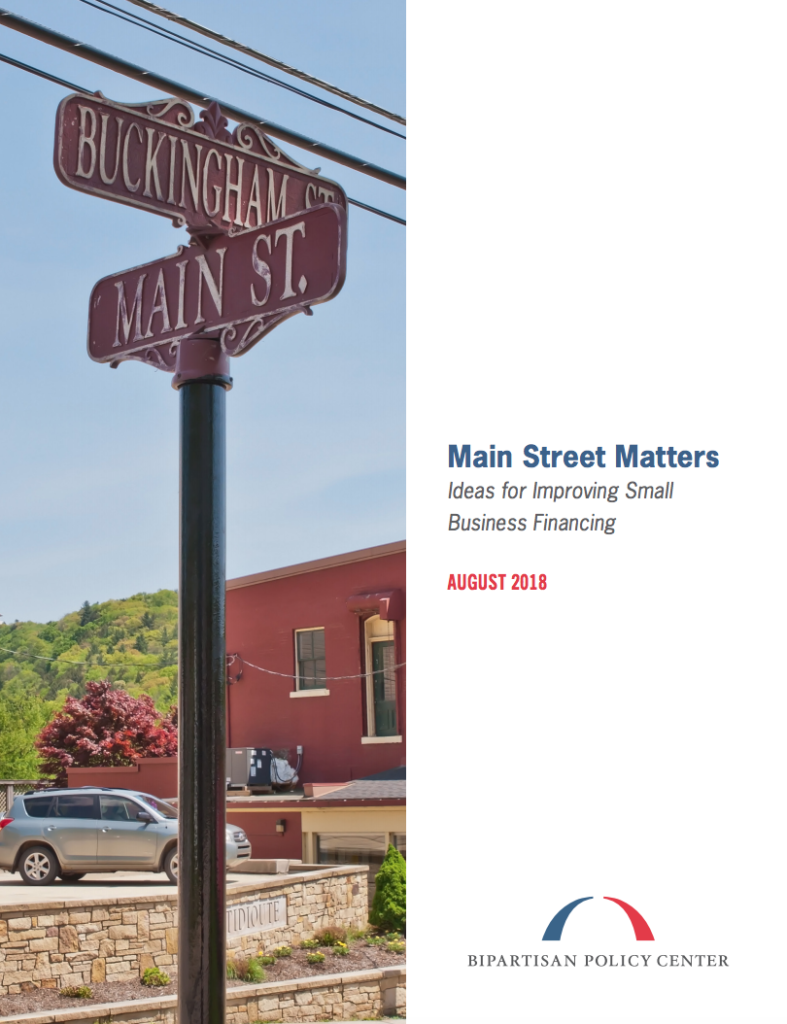- September 17, 2018Given the relationship between a small business’s access to financing and its outcomes, and given the growing share of minorities…
- September 10, 2018The growth and survival of U.S. small businesses depend on how depository lending institutions and other financial intermediaries are attending…
- May 30, 2018Through the Milken Institute and U.S. Small Business Administration (SBA) Partnership for Lending in Underserved Markets (PLUM) initiative, we are…







